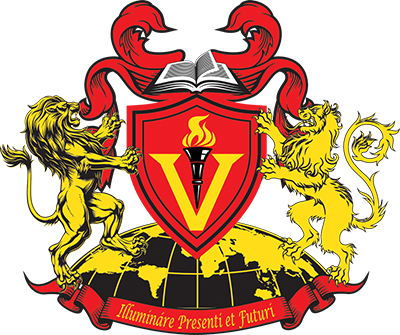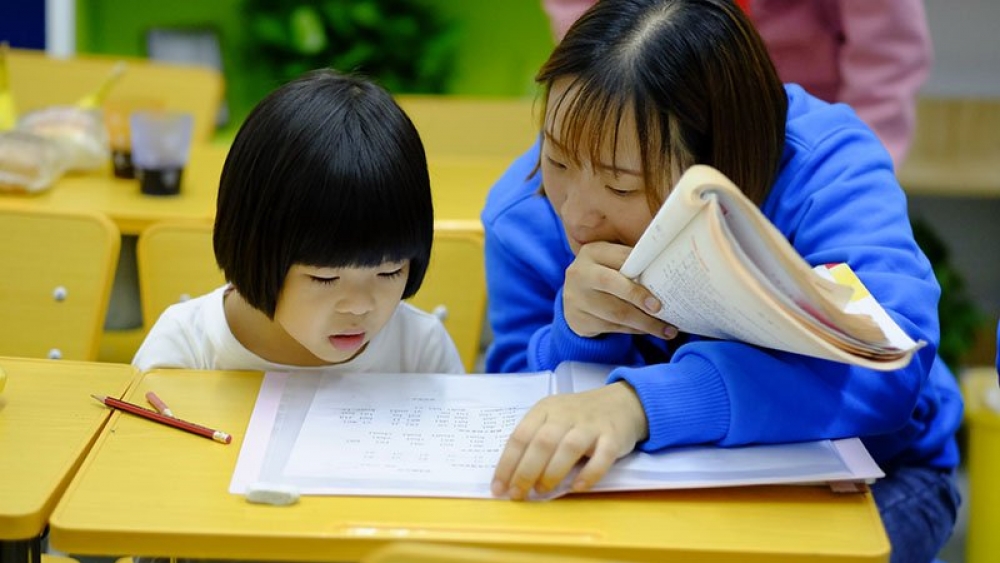The Montessori method of teaching is based on the principles developed by Dr. Maria Montessori after careful study and observation of childhood development. Parents who want a Montessori education for their children starting in preschool may wonder if the Montessori school that they have chosen is truly guided by its philosophy. Different schools may vary in the details, but here are the most important qualities to look for in an authentic Montessori school. You’ll find these standards at Montessori Preschool Chatsworth and other quality Montessori preschools.
An orderly classroom with prepared workstations
An authentic Montessori school will feature classrooms that are peaceful, calm, and well prepared. In fact, the concept of the “prepared environment” is fundamental to the Montessori method, and it is designed to facilitate the independent exploration and learning that characterizes the educational principles of this way of learning. The classroom should have a quiet, beautiful, and well-organized atmosphere, with workstations and shelves at the child’s height. This reduces the reliance on teachers to help children access materials, which allows children the freedom to focus on self-directed learning.
Teachers who guide students
Montessori teachers have a different role than that of teachers in traditional classroom settings. Instead of deciding what and how students will learn, Montessori teachers will observe each student as they engage with the prepared environment and then evaluate students’ progress. Teachers guide students on their chosen path of learning as they explore the curriculum. This means introducing and demonstrating new learning tools and activities, stepping in to help problem-solve if a challenge is overwhelming, and fostering independence and confidence in a student’s learning process.
Individualized curriculum
The Montessori curriculum offers broad educational topics that encourage students to explore and learn in a way that best suits their learning style and areas of interest. This means that the curriculum is tailored to your child’s interests and needs, and it focuses on your child’s individual development. In the Montessori classroom, students make creative choices about what to learn, and they are given the resources and guidance they need to follow their curiosity. Instead of a one-size-fits all model of learning, the Montessori curriculum offers age-appropriate lessons that each student can explore at their own pace.
Emphasis on respect
Dr. Montessori said, “Children are human beings to whom respect is due, superior to us by reason of their innocence and of the greater possibilities of their future… Let us treat them with all the kindness which we would wish to help to develop in them.” She felt that too often, children were disrespected by adults, and she made respect for the child the foundation of the Montessori philosophy and method of education. In order to help children grow into balanced, caring, and contributing adults, it is important for the caretakers and educators in their lives to demonstrate the characteristics that they want to cultivate. In the Montessori classroom, there is an atmosphere of mutual respect, where teachers respect the students’ ideas, interests, and abilities, and students do the same for their peers and for themselves.
Multi-age classrooms
In the design of her educational program, Dr. Montessori created classrooms that groups children ages 0-3, 3-6, 6-9, and 9-12 together because they share the same developmental stage. This age grouping was based on her observations that just because a group of children was born the same year, it did not inherently mean that they were at the same level of mastery or could learn at the same pace across all subjects. Multi-age classrooms allow younger children to observe the older children modeling behavior that they can emulate, and it allows the older students to take on a leadership role. In an authentic Montessori elementary school classroom, children have an opportunity to learn from and teach their peers as they progress through the curriculum.
Encouraging personal growth
As a companion to self-directed learning in the Montessori curriculum, students are encouraged to develop skills that enhance their personal growth in an authentic Montessori classroom. Students learn to take initiative and how to motivate themselves as they continue with their learning process, which in turn improves responsibility. The Montessori method is designed to help children take a large part in the direction of their education, which enhances concentration and instills a love of learning. In addition to promoting mutual respect between teachers, students, and the self, the Montessori classroom teaches cooperation, compassion, and empathy toward others.
Highlighting self-discipline over traditional forms of punishment
In regards to discipline, Dr. Montessori said, “The undisciplined child enters into discipline by working in the company of others; not being told he is naughty … Discipline is, therefore, primarily a learning experience and less a punitive experience if appropriately dealt with.” The Montessori classroom does not approach discipline in the classroom in the same way as a traditional classroom—time outs, color-coded behavior charts, rewards, and the like are not used. Instead, children are taught self-discipline and self-control through the concepts of concentration and self-mastery. The Montessori approach is to focus on ways that the child can improve behavior rather than to use negative reinforcement, which means that the child’s discipline comes from within.
Valor Montessori Prep’s goal is to develop confident, competent, self-disciplined and driven individuals, who can work cooperatively for the benefit of society. Schedule a tour of our Chatsworth Montessori preschool to learn more!

